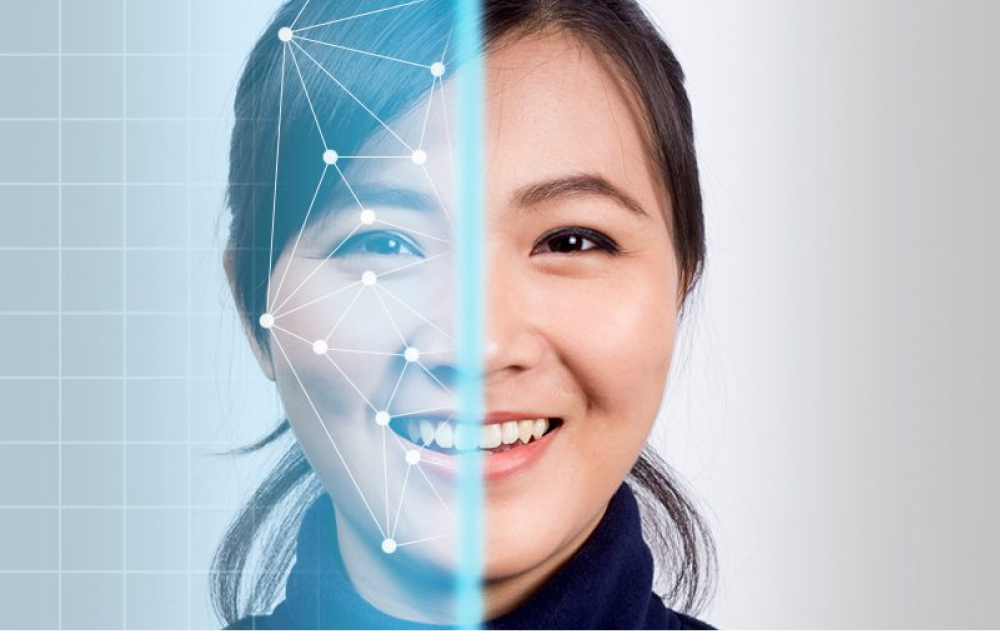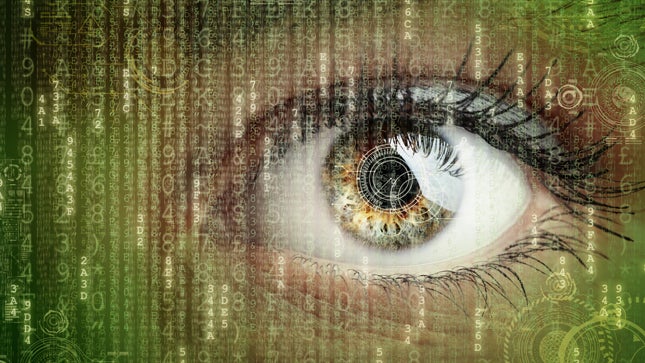AI in Human Rights

AI tools can be helpful in the fight against human rights issues such as terrorism and human trafficking. On the flip side, those tools rely on datasets to build the models. As those databases often contain personal data, it’s important to question how privacy rights are handled so that human rights are respected, especially for data from already marginalised groups to ensure they are not being racially profiled.

